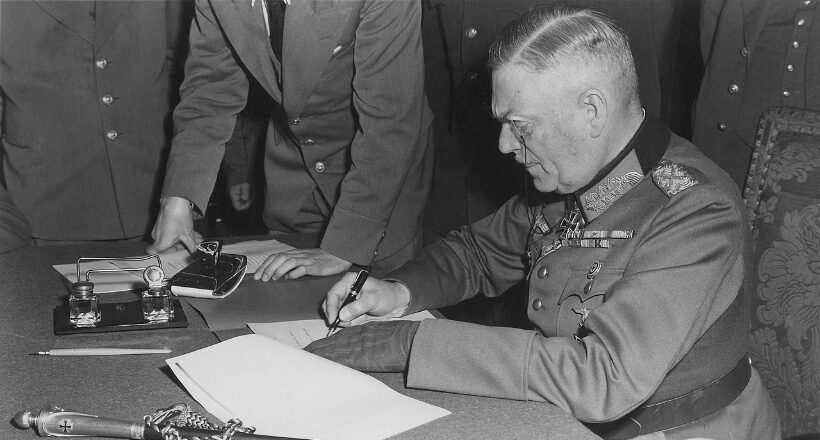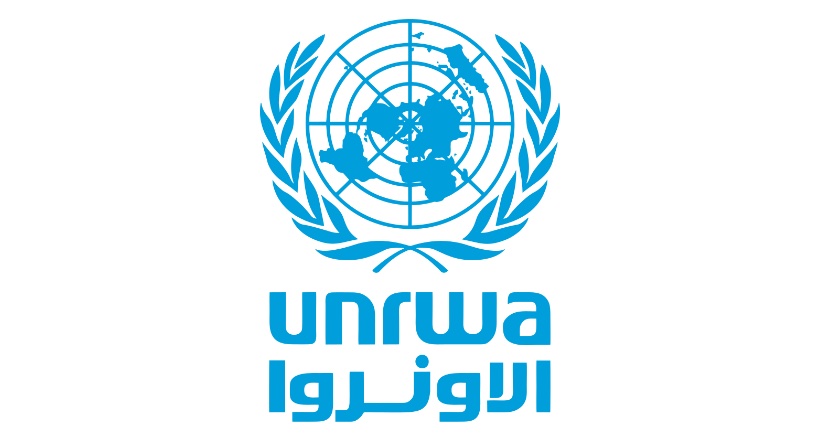Victory Day is a holiday without which there would be no Israel
Photo: General Field Marshal Wilhelm Keitel signs the act of unconditional surrender of the German Wehrmacht in Berlin on May 8, 1945

80 years ago, World War II ended in Europe. The capitulation of Nazi Germany came into effect on May 8 at 23:01 Central European Time (May 9 at 01:01 Moscow Time). These dates have gone down in history as Victory Day — May 8 in Western European countries and May 9 in the USSR, and today — in the Russian Federation.
World War II was the most destructive and bloodiest in human history. It lasted from September 1, 1939, to September 2, 1945. Fifty-seven states participated in the hostilities. According to various estimates, the total number of deaths ranges from 50 to 80 million people — both military and civilians.
The Soviet Union suffered the greatest losses — about 26.6 million people.
In Israel, Victory Day is celebrated with special reverence. Even before its official recognition, it became part of the national memory, and in 1996, the Israeli government established May 9 as a national holiday.
In various cities, there are parades, meetings with veterans, concerts, and memorial ceremonies. In Netanya, the only monument in the Middle East to the victory over Nazi Germany has been opened.
Since the establishment of the State of Israel, more than 47,000 World War II veterans have repatriated to the country. Today, about 2,000 veterans live in Israel — originating from Russia, Ukraine, the USA, Great Britain, France, South Africa, Australia, and other countries. All of them are people over 90 years old, whose lives are a living testimony to history.
This victory was not only a military and moral triumph over Nazism but also a turning point in the fate of the Jewish people: the end of genocide and the beginning of the path to their own country.
Without this victory, there would be no Israel.





